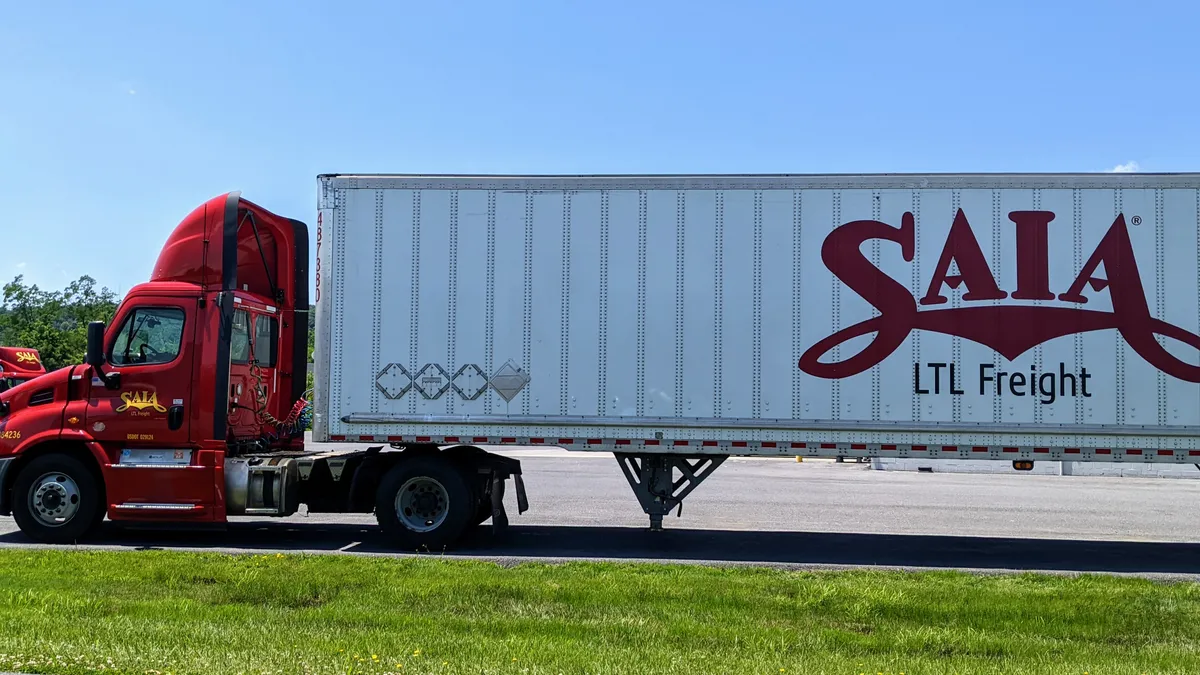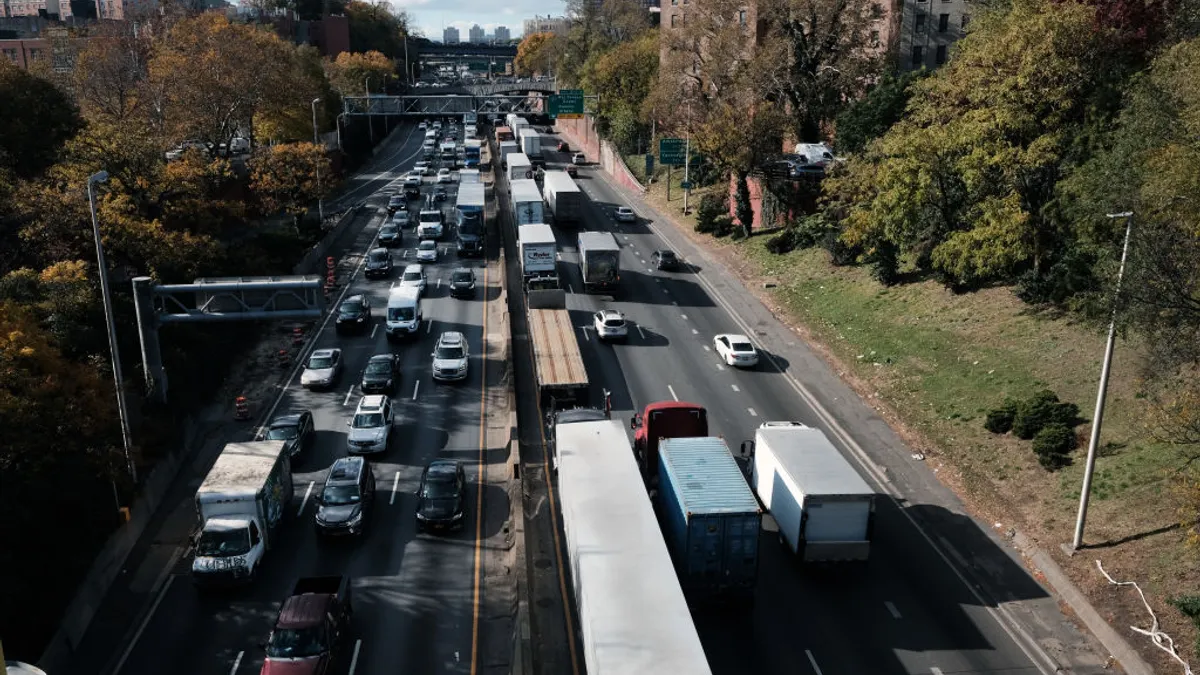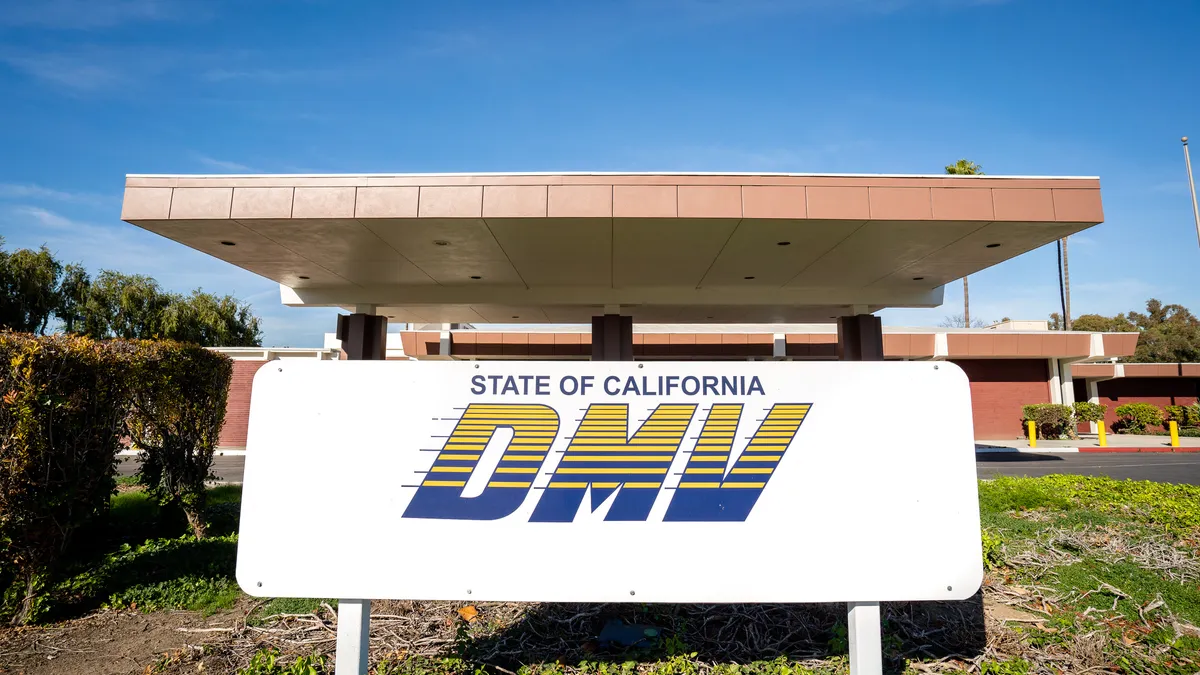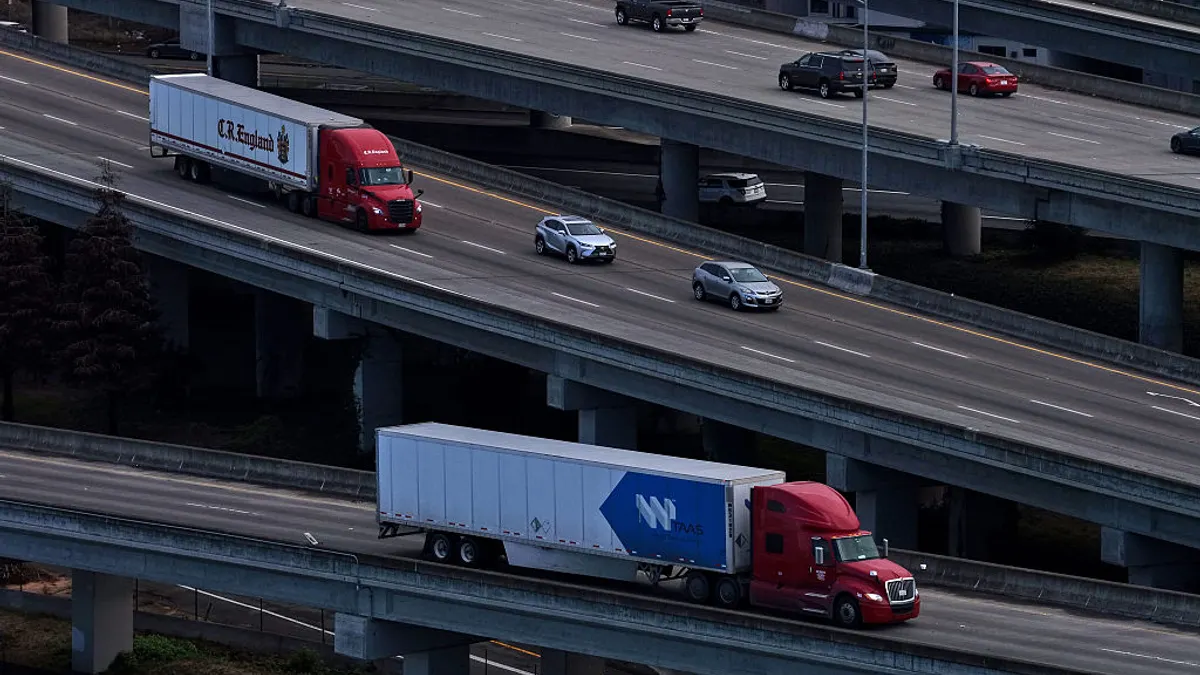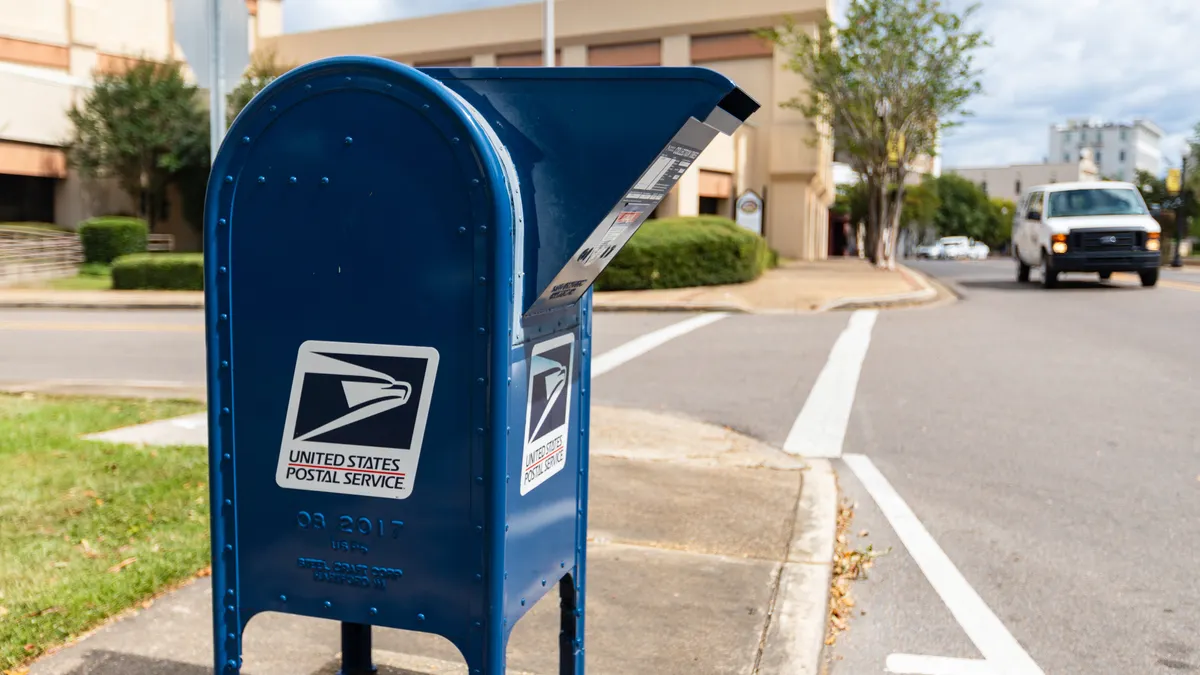Trucking executives are eyeing how the enforcement of out-of-service violations for failure to comply with English-language proficiency standards will impact the freight industry.
In April, President Donald Trump ordered federal transportation officials to make English proficiency violations an out-of-service criterion. Later in May, the Federal Motor Carrier Safety Administration shared an enforcement policy on how officials are to conduct roadside inspections when they suspect a driver lacks English proficiency.
How exactly the current administration’s oversight of the ELP standards will affect the industry is still developing. Some trucking leaders believe higher enforcement of the ELP standard will alleviate excess capacity in the market, others think it’s too soon to tell, and others see the impact being overstated.
Read on to find out what carrier executives had to say about the language policy and their expectations on the freight market.
Covenant Logistics: Chairman and CEO David Parker
“We believe capacity is slowly exiting the market through a combination of fleet downsizing by larger companies, bankruptcies of smaller companies, and enforcement of English Language Proficiency and B-1 visa regulations. We are optimistic that demand will improve as excess inventories from import pull-forwards are reduced, tax and monetary policy changes take hold, and trade policy becomes clear,” Parker said in a securities filing from July 23.
JB Hunt Transport Services: COO, EVP and President of Highway and Final Mile Services Nicholas Hobbs
“There has been a lot of recent discussion in the industry around some trucking regulations such as English language proficiency, the improper use of B-1 visas to haul freight in the U.S. or cabotage and the new FMCSA biometric ID verification for trucking authorizations. While we could only guess the impact this might have on industry capacity for J.B. Hunt, we do not expect to see material impact,” Hobbs said on a Q2 earnings call on July 15.
Marten Transport: Executive Chairman Randolph Marten
“We remain focused on minimizing the freight market’s impact — and the impact of the U.S. and global economies with the current trade policy volatility, while investing in and positioning our operations to capitalize on profitable organic growth opportunities. We expect such growth opportunities to be positively impacted by anticipated additional industry capacity exits relating to increased enforcement of the English Language Proficiency and B-1 visa regulations,” Marten said in a July 16 Q2 earnings release.
Schneider National: EVP and Group President of Transportation and Logistics James Filter
“With English language proficiency enforcement, we appreciate that. We're now enforcing the existing regulations. And when we look at — it's a slow bleed out. But on trend that has the opportunity to be a meaningful amount of capacity that's exiting the market,” James Filter said on a Q2 earnings call on July 31.
“We're seeing carriers self-regulate, both by removing drivers that don't speak English, but also implementing language proficiency tests for new driver candidates similar to what Schneider does. And so if you put those two things together, we're talking about really a meaningful amount of capacity. And that doesn't directly address B-1 drivers as well, which we would still say that there's an opportunity there. And if there were any changes, that would be perhaps not necessarily a slow bleed, but something that would be a more meaningful change.”
TFI International: President, CEO and Chairman Alain Bédard
“I think that the English thing there is just maybe for the truckload guys," Bédard said during a Q2 earnings call on July 28 when asked about ELP standards’ impact on tonnage being down. "When I talk to our truckload guys, they believe that, yes, there could be some effect to that. But to say that we've seen something so far, I would not say that."
Werner Enterprises: Chairman and CEO Derek Leathers
“We don't expect any impact on our fleet. We've always kept our English language proficiency test in place throughout the time that it wasn't being enforced. We continue to do that as we bring drivers into our fleet. We think it's important from a safety perspective. And so it's something we've never taken our eye off the ball,” Leathers said during a Q2 earnings call on July 29.
“We have seen enforcement starting to ramp up. It's kind of a state-by-state thing, and it's certainly being enforced differently in different states. I think as we sit here today, we've seen over 1,500 out-of-service violations where not just that ELP was an issue, but it … actually resulted in an out-of-service violation. That number does continue to ramp, but obviously, at a slower rate than we would have expected or that maybe we would have wished for. I think that enforcement will only continue to gain traction from here. It's just too early to tell what level across all states, ultimately, we will see it enforced by.”




